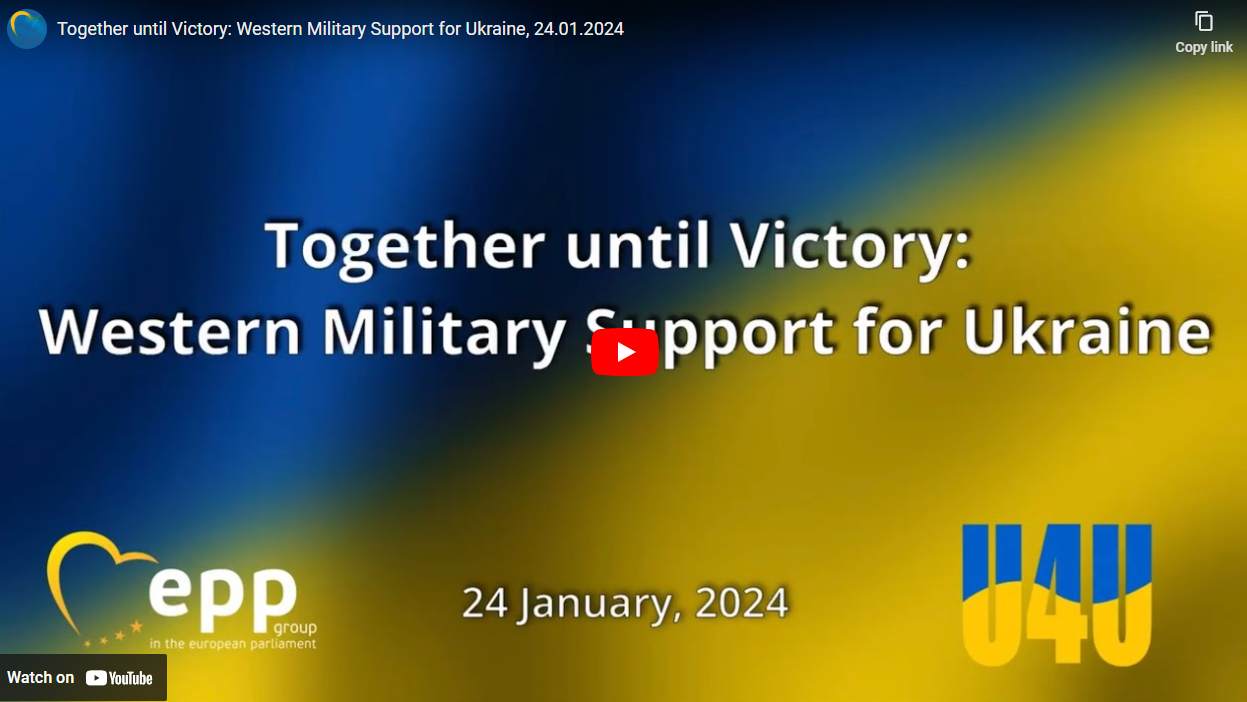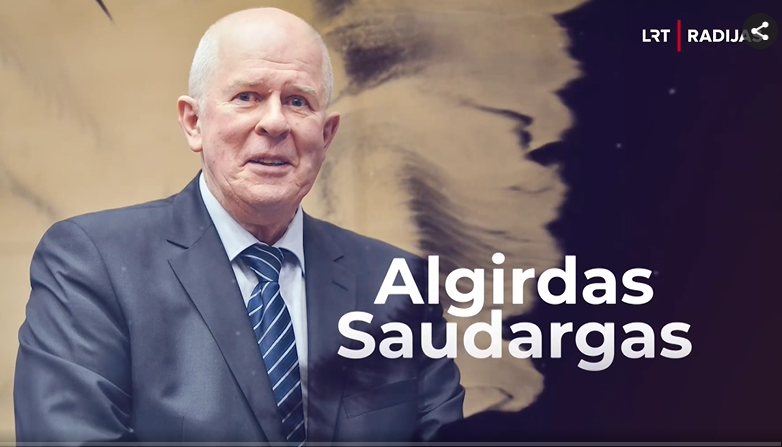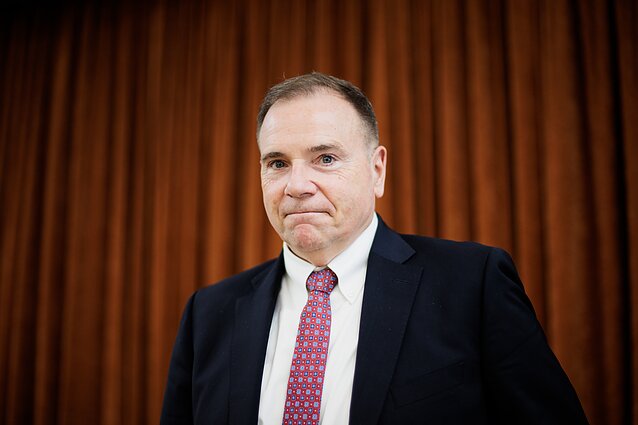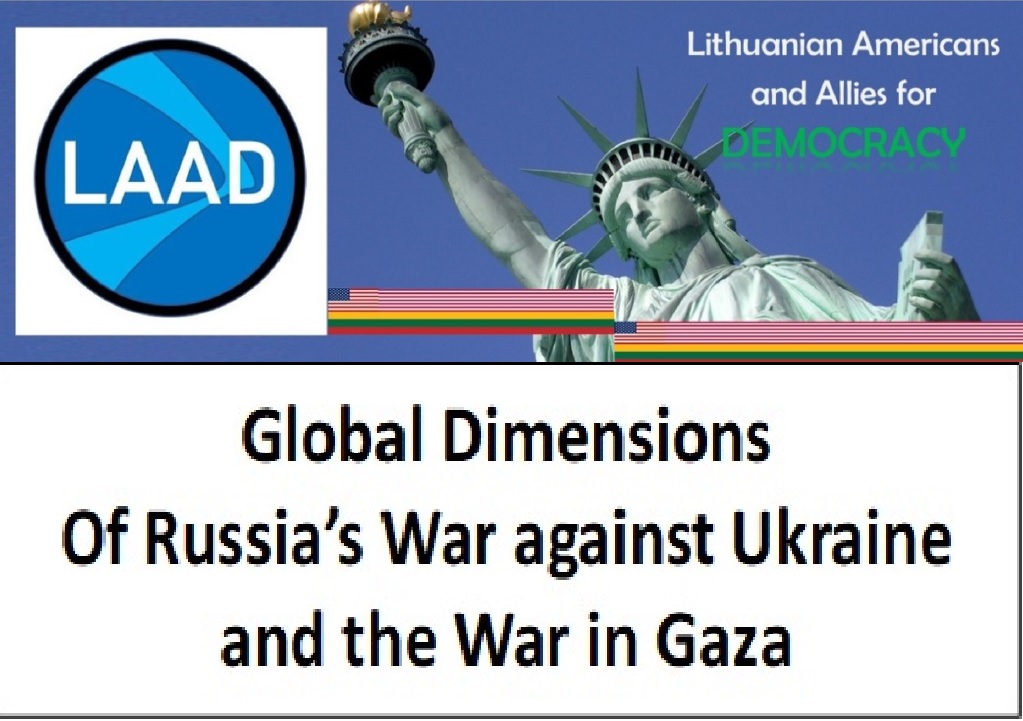Vertimas į lietuvių k.: https://www.youtube.com/watch?v=gk5_oYPRTsQ&t=0s
The primacy of “high” Russian culture in foreign eyes creates a near-hegemonic control of narratives and discourses involving non-Russians living within the Russian Federation, and impinges on the languages, cultures and even sovereignty of neighbouring countries. The “low” or backward nature of these other cultures is exemplified by the annihilationist approach to Ukraine taken by Vladimir Putin’s Kremlin and it also extends to Russia’s declared superiority over “the rotten West” and its culture. “Paradoxically, while being anti-European and contemptuous of Western ideas at its core, Russian culture is perceived as part of a common European heritage by many Western countries,” argues Dr Kristina Sabaliauskaitė, a leading Lithuanian cultural critic.
In discussion with the British writer Edward Lucas, Dr Sabaliauskaitė, the most internationally read contemporary Lithuanian author, will scrutinise the tacit and sometimes overt imperialist message of Russian cultural “greats”, citing examples from cinema and art and literature. These include Pushkin’s venomously polonophobic poem “To the Slanderers of Russia” and Joseph Brodsky’s “On the Independence of Ukraine”. Deconstructing the origins, subtexts and signifiers in Tsarist, Soviet and post-Soviet Russian cultural production highlights the links between imperialist statecraft and supposedly innocent visual and literary works. What are the next steps? Can or should Russian culture face the same “decolonisation” currently promoted in western countries? If so, is this a task for the Putin regime’s foreign critics, or must it be done by Russians themselves?
The event took place on 7 March 2023 in the European Parliament in Brussels.
The event was co-organized by MEPs Rasa Juknevičienė, Raphaël Glucksmann, and the Permanent Representation of Lithuania to the EU.





